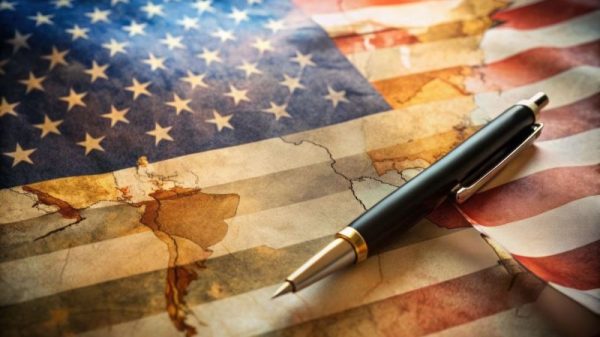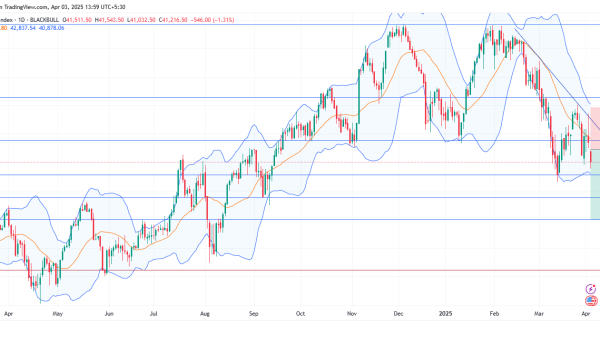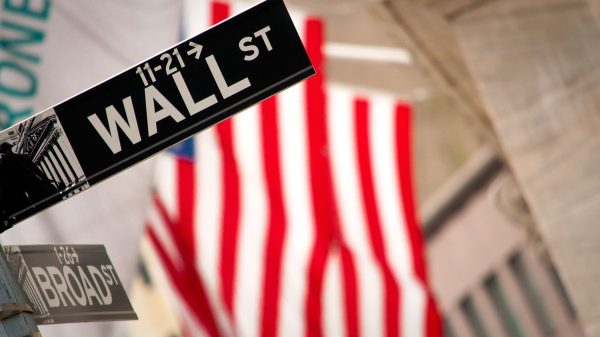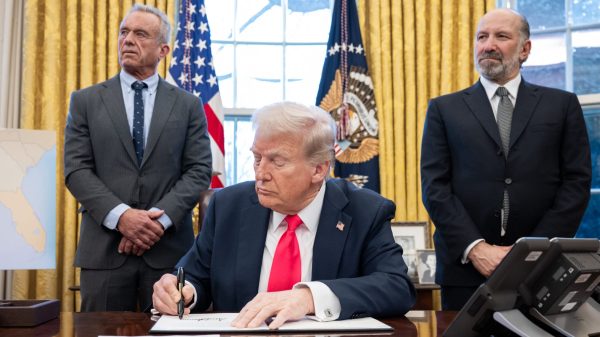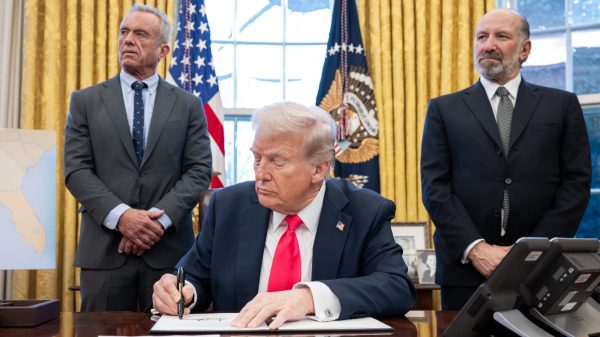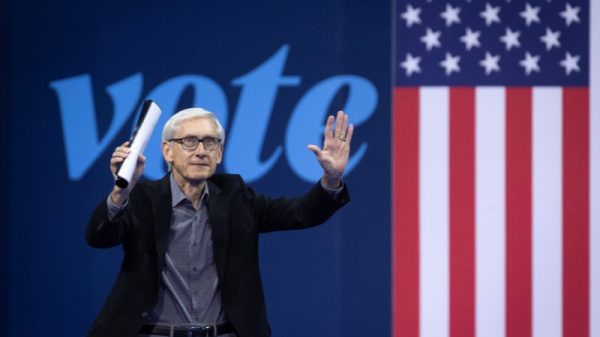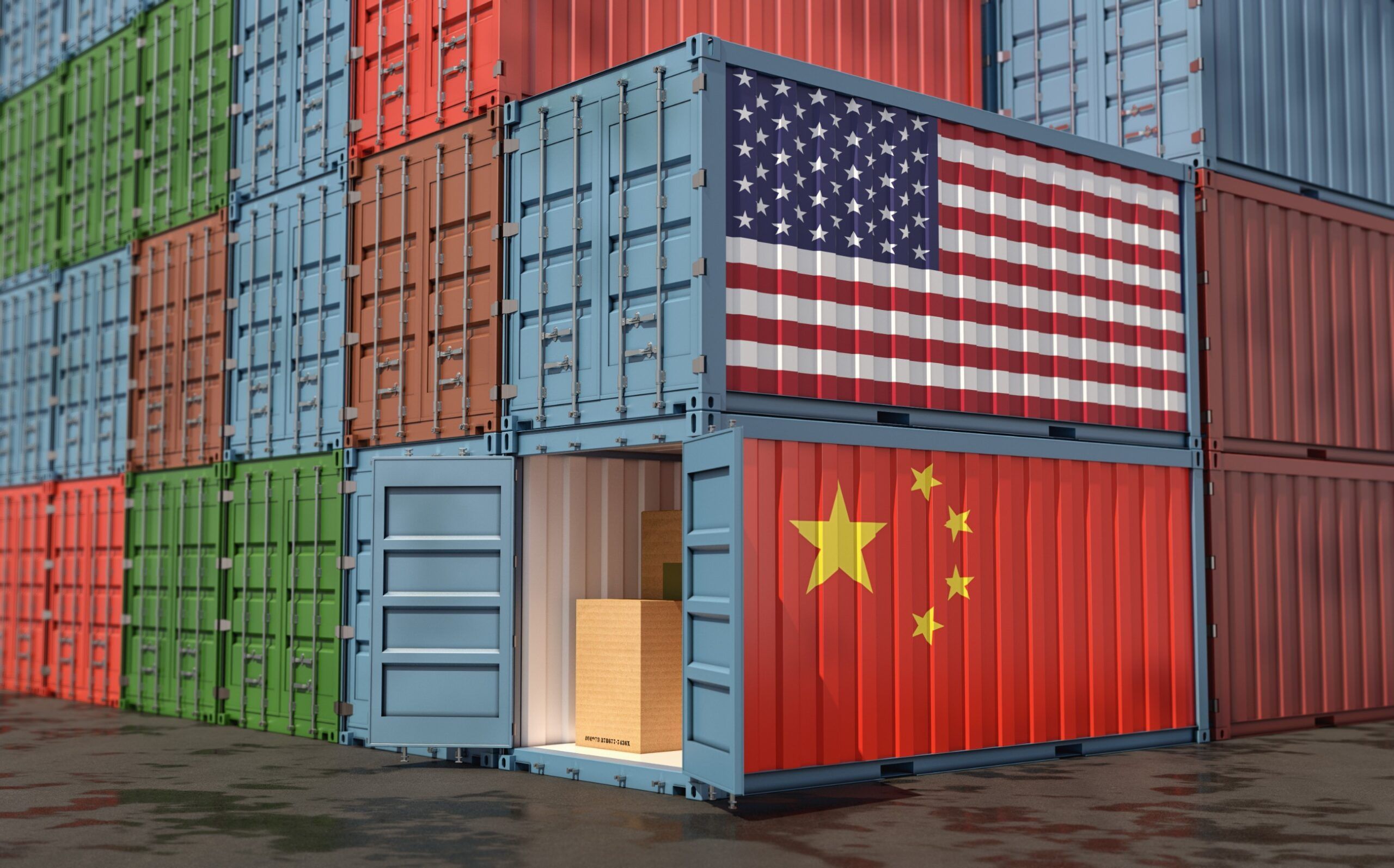China has moved to restrict domestic companies from investing in the US, as per a Bloomberg report.
This signals a potential escalation in trade tensions ahead of new tariffs expected from President Donald Trump’s administration.
Several branches of China’s National Development and Reform Commission (NDRC) have been directed in recent weeks to delay or halt approvals for firms seeking to invest in the US, the report said, citing sources.
While China has previously imposed restrictions on outbound investments due to concerns over national security and capital outflows, the latest measures underscore the strain between the world’s two largest economies as Trump moves forward with new trade barriers.
Outbound Chinese investments into the US totaled $6.9 billion in 2023, according to the latest available figures.
What’s behind China’s move?
The move does not appear to affect existing Chinese investments in the US or holdings of financial instruments such as US Treasuries, but it adds uncertainty for companies looking to relocate production abroad to bypass tariffs.
It remains unclear what triggered the NDRC’s decision or how long the restrictions will remain in place.
Trump is set to announce details of “reciprocal tariffs” on Wednesday, targeting trade imbalances with key partners, including China.
In February, the administration issued a memorandum instructing a government committee to limit Chinese investments in strategic U.S. sectors such as technology and energy.
China has already tightened oversight of outbound investments after record capital outflows put pressure on the yuan.
While total Chinese foreign investment rose 8.7% in 2023, investments into the US fell 5.2%, accounting for just 2.8% of China’s total outbound investment at the end of the year.
Trump’s tariffs
President Trump’s new tariffs are set to increase duties on nearly all US trading partners.
The tariffs are described as “reciprocal,” meaning they would match the trade barriers US exporters face abroad.
Unlike previous rounds, this set of tariffs casts a broad net, impacting various sectors and countries.
White House advisers have proposed an average rate of 20%, aiming for $6 trillion in annual revenue, though this target has faced heavy criticism.
Sectors under scrutiny include pharmaceuticals, copper, and semiconductor components.
Tariffs on China have already been raised to 20% across the board, along with new steel and aluminum duties of 25%.
Mexico and Canada, despite their trade partnership under the USMCA, have also been hit with significant tariffs, primarily due to concerns over migration and fentanyl.
Markets are reacting sharply to the uncertainty, with the S&P 500 closing its worst quarter relative to global peers since 2009.
Consumer sentiment in the US has dropped to a two-year low. Banks and analysts are increasingly pointing to recession and stagflation scenarios for the US economy.
The post China reportedly imposes restrictions on companies’ US investments ahead of Trump tariffs appeared first on Invezz



